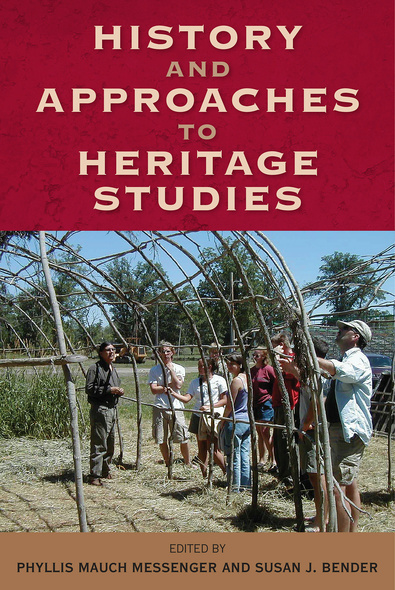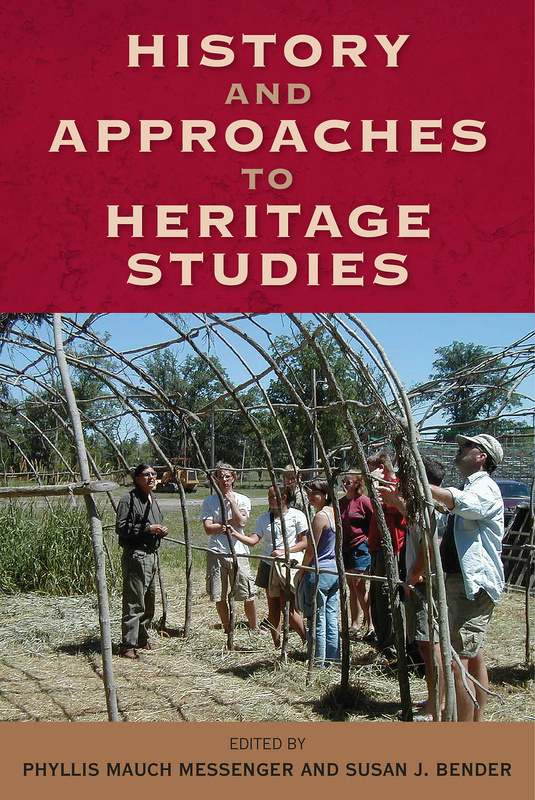History and Approaches to Heritage Studies
History and Approaches to Heritage Studies explores the historical development of cultural heritage theory and practice, as well as current issues in the field. It brings together archaeologists who are deeply engaged with a range of stakeholders in heritage management and training. Chapters contain instructive reflections on working with descendant communities, local residents, community partners, and students in a variety of settings. With a focus on pedagogy throughout, topics include the importance of critical thinking skills, how technology has transformed education, gender issues in archaeology, minorities in heritage careers, NAGPRA and ethics education, archaeology field schools, and e-learning. Contributors describe changing views of heritage, perspectives on disruptive technologies, and new interdisciplinary collaborations. The volume concludes with a discussion of what, how, and why archaeologists teach and how they might do better to clarify the field’s relevance to people today. Emphasizing the importance of heritage studies principles and active learning in archaeological education, this handbook and its companion, Pedagogy and Practice in Heritage Studies, provide tools to equip archaeologists and heritage professionals with collaborative, community-based, and activist approaches to the past. Contributors: Susan J. Bender | Elizabeth S. Chilton | Bonnie J. Clark | Kate Clark | Hannah Cobb | Karina Croucher | Greg Donofrio | Patricia Emerson | M. Elaine Franklin | Katherine Hayes | Tim Hoogland | Eleanor M. King | Robert MacDonald |Arkadiusz Marciniak | Phyllis Mauch Messenger | Kevin P. Murphy | Teresa Nichols | Patrick Nunnally | K. Anne Pyburn | Paul Shackel | April Sievert | Chris Taylor | Jayne-Leigh Thomas | Joe Watkins | Anduin Wilhide | Larry J. Zimmerman Volumes in the series Cultural Heritage Studies, edited by Paul A. Shackel
An important collection at the intersection of theory, practice, and teaching. The authors are deeply reflective on how archaeologists can employ critical pedagogies to promote civic engagement and justice through heritage work.’—Siobhan M. Hart, author of Colonialism, Community, and Heritage in Native New England
Phyllis Mauch Messenger is grants consultant for the Institute for Advanced Study at the University of Minnesota and was the founding director of the Center for Anthropology and Cultural Heritage Education at Hamline University. She is coeditor of Cultural Heritage Management: A Global Perspective. Susan J. Bender, professor emerita of anthropology at Skidmore College, is coeditor of Teaching Archaeology in the Twenty-First Century.





